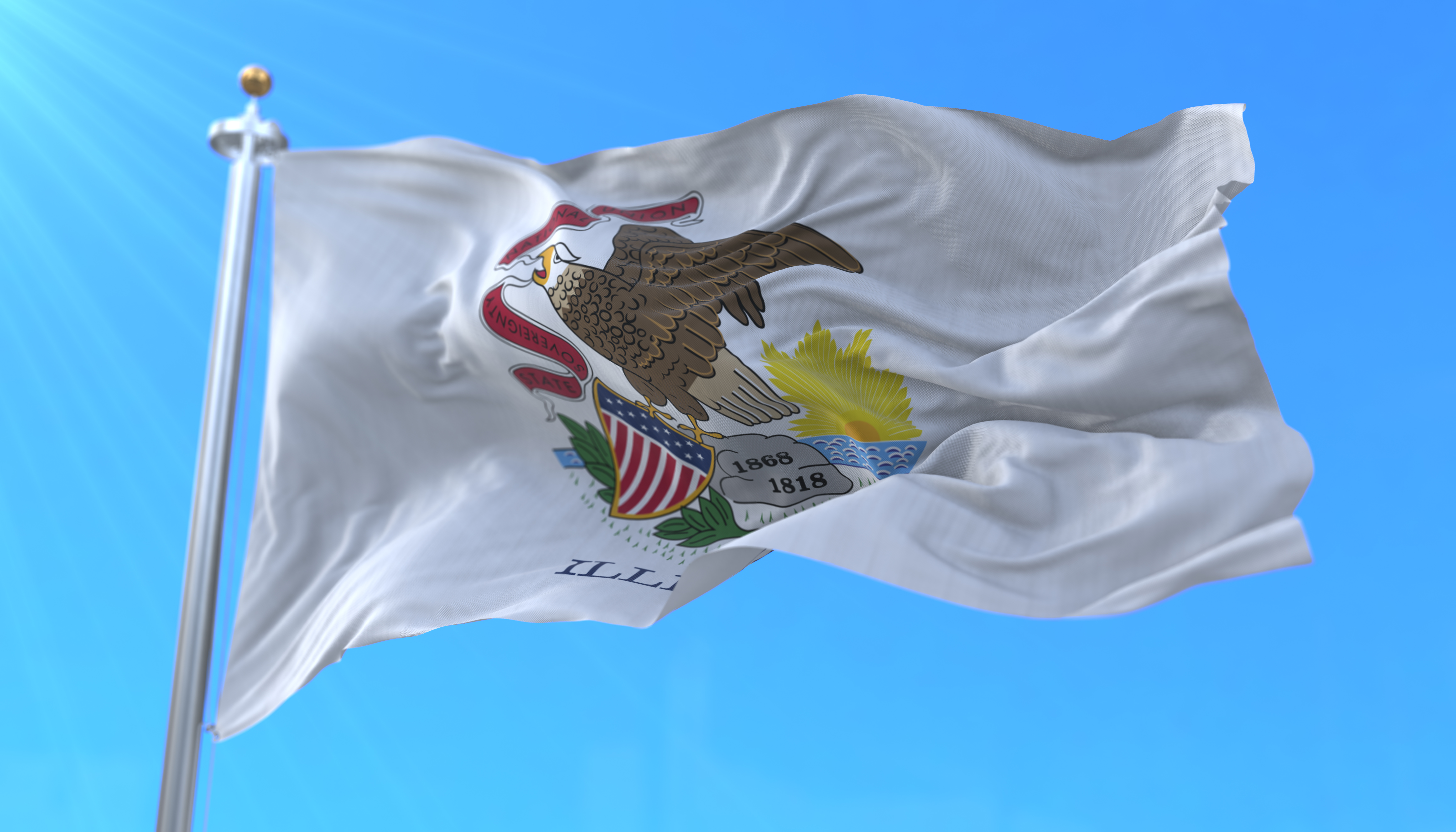
Independent presidential candidate Robert F. Kennedy Jr. makes an announcement on the future of his campaign in Phoenix, Arizona, U.S. August 23, 2024.
Robert F. Kennedy Jr. is in the midst of a contentious confirmation hearing to be the nation's top health official.
The 71-year-old, whose famous name and family tragedies have put him in the national spotlight since he was a child, has said vaccines are not safe, his support for abortion access has made conservatives uncomfortable, and farmers across the Midwest are nervous over his talk of banning corn syrup and pesticides from America's food supply.
Now, Kennedy is seeking to lead a Department of Health and Human Services with a $1.7 trillion budget and a purview that includes vaccine recommendations, food inspections, hospital oversight and funding for hundreds of community health clinics around the country.
Here's a look at what to know about RFK Jr. and what to know about his confirmation hearing:
Who is RFK Jr.?
Kennedy hails from one of the nation’s most storied political families and is the son of the late Attorney General Robert F. Kennedy and the nephew of President John F. Kennedy. He first challenged President Joe Biden for the 2024 Democratic presidential nomination. He then ran as an independent but abandoned his bid over the summer after striking a deal to endorse Trump, a Republican, in exchange for a promise to serve in a health policy role during a second Trump administration.
Local
Trump selected Kennedy in November as his nominee to head DHS, shortly after he won the presidential election, saying Kennedy would “end the Chronic Disease epidemic” and “Make America Great and Healthy Again.”
What to know about RFK Jr.'s voice
Feeling out of the loop? We'll catch you up on the Chicago news you need to know. Sign up for the weekly Chicago Catch-Up newsletter.
RFK Jr. has spasmodic dysphonia, which, according to Johns Hopkins, is a voice disorder that "causes involuntary spasms in the muscles of the voice box or larynx."
"This causes the voice to break and have a tight, strained or strangled sound," the medical group said.
He was diagnosed in 1996 at the age of 42, he said.
"It makes my voice tremble," he said during a political event last year.
He has spoken publicly about his condition, saying "it makes it problematic for people to listen to me."
He has previously noted that he does not listen to himself on TV because of it.
What are some of his views?
His has been a flexible ideological journey, part liberal Democrat, part libertarian, and now, an adherent of the MAGA agenda after dropping out of the race last year to back Trump.
Vaccines
Kennedy's numerous remarks, anti-vaccine nonprofit and lawsuits against immunizations are likely to haunt him.
Over many years, Kennedy has been clear about his beliefs on vaccines in dozens of interviews, podcasts and social media posts.
He's headed up a nonprofit that has sued the government over its authorizations of vaccines. He's said there is “no vaccine that is safe and effective” and repeatedly called for further study of routine childhood vaccinations, despite decades of research and real-world use that proves they've safely prevented disease.
He's rejected the anti-vaccine label, instead casting himself as a crusader for “medical freedom” who wants more research. He and Trump have vowed not to “take away” vaccines. To defuse criticism, he resigned from the Children’s Health Defense, his nonprofit that has filed dozens of lawsuits against vaccines, including the government authorizations of some of them.
But critics have argued that his work advocating against vaccine use has cost lives. Democrats are poised to home in on his social media campaigns and work in Samoa, the island nation in the Pacific Ocean where doctors say he and his anti-vaccine acolytes seized on a tragedy to campaign against childhood inoculations. Later that same year, a measles epidemic killed dozens of infants and children.
In sometimes heated exchanges on Wednesday, Kennedy denied that he is anti-vaccine. But Kennedy, who pointed out that his children are vaccinated, acknowledged he has asked “uncomfortable questions” about vaccinations.
“I believe that vaccines play a critical role in health care,” Kennedy told the Senate Finance Committee.
Agriculture
Kennedy had previously promised a ban on corn syrup or pesticides. If confirmed, Kennedy would oversee the Food and Drug Administration, which has the power to enact restrictions.
Kennedy indicated before the election that he would be keen to end the Food and Drug Administration's “aggressive suppression” of raw milk. The FDA and the Centers for Disease Control and Prevention have called raw milk one of the “riskiest” foods people can consume because of the possibility for contamination.
Processed foods
One of Kennedy's proposals has been to remove some chemicals from processed foods. Kennedy has vowed to ban certain food additives and crack down on ultra-processed foods that are tied to obesity and diabetes rates.
In his hearings, Kennedy mentioned the number of ingredients in U.S. foods and suggested ultraprocessed foods are contributing to chronic disease.
“We need to fix our food supply and that’s number 1,” he said.
Ultraprocessed foods have been linked to a host of health problems, including obesity, diabetes, heart disease and more.
But those studies have shown associations, not causes, and experts say more research is needed to confirm exactly how these foods can lead to poor health outcomes.
Kennedy tried to assure senators that he would not seek widespread bans on vaccines or food, saying he wants to provide more information to people.
“I don’t want to take food away from anybody," he said. "If you like a cheeseburger – a McDonald’s cheeseburger and a diet Coke like my boss — you should be able to get them.”
Abortion
Other conservatives have questioned Kennedy's abortion views, after he said last year that it should be legal for full-term pregnancies. His campaign later clarified that he supports abortion rights until fetal viability, around 22 to 24 weeks.
In meetings with some senators, he's promised to follow Trump's directive on the issue.
Republican Sen. Josh Hawley of Missouri, for example, said he was convinced after talking to Kennedy that he would be a strong anti-abortion advocate.
But skepticism remains, with former Vice President Mike Pence's advocacy group highlighting his abortion views in an ad campaign.
“RFK Jr. has made certain overtures to pro-life leaders that he would be mindful of their concerns at HHS, there is little reason for confidence at this time," his group said in a letter sent to senators.
During his confirmation hearings, Kennedy repeatedly leaned on the phrase, “I have always believed abortion is a tragedy.”
“I’ve never seen any major politician flip on that issue quite as quickly as you did when Trump asked you to be HHS secretary,” said Sen. Bernie Sanders of Vermont.
Sen. Steve Daines of Montana questioned Kennedy about his views on access to the abortion pill mifepristone. The FDA approved mifepristone in 2000 as a safe and effective way to end early pregnancies, yet access to the drug and its FDA approval has been threatened in legal battles.
“President Trump has asked me to study the safety of mifepristone,” Kennedy said. “He has not yet taken a stand on how to regulate it. Whatever he does, I will implement those policies.”
Fluoride
Even before Trump was elected, Kennedy said he would recommend water agencies stop adding fluoride to drinking water, although fluoride levels are mandated by state and local governments.
Fluoride strengthens teeth and is viewed as one of the biggest public health successes of the past century as the addition of the material has been cited as leading to improved dental health. While it can be toxic in large doses, health experts say those levels are hard to reach.
"Fluoride reverses early decay and remineralizes your tooth enamel. While fluoride can be harmful in large quantities, it’s difficult to reach toxic levels due to the low amount of fluoride in over-the-counter products like toothpastes and mouth rinses," the Cleveland Health Clinic reported.
What does the Health and Human Services Department do?
HHS is a massive Cabinet agency that oversees everything from drug, vaccine and food safety to medical research and the social safety net programs Medicare and Medicaid.
"The mission of the U.S. Department of Health and Human Services (HHS) is to enhance the health and well-being of all Americans, by providing for effective health and human services and by fostering sound, sustained advances in the sciences underlying medicine, public health, and social services," the department's website reads.
What to know about the confirmation hearing
Kennedy's aspirations now rest with the Republican-controlled Senate, where he can lose only three GOP votes if all Democrats oppose him.
Confirmation hearings began Wednesday before the Senate Finance Committee. He appears before the Health, Education, Labor and Pension committee on Thursday.
He faces a coordinated effort to stop his nomination. A television and digital ad campaign is highlighting his anti-vaccine work. And Pence, a stalwart of the conservative anti-abortion movement, is lobbying against him, too.
Why does RFK Jr. get two confirmation hearings?
To get to the U.S. Senate for a vote of his nomination, Robert F. Kennedy Jr. needs to have two committee hearings, one before the Finance committee on Wednesday and another in front of the Health, Education, Labor and Pension committee on Thursday.
Oversight of the U.S. Health and Human Services agencies is shared between the two committees. The finance committee is involved because the sprawling $1.7 trillion agency is responsible for a huge part of the nation’s economy — overseeing insurance for nearly half the country, funneling billions of dollars to the states for Medicaid and providing health insurance for the nation’s older Americans through Medicare.
Meanwhile, the HELP committee also has oversight of the agency’s program and agencies, including the Food and Drug Administration.



